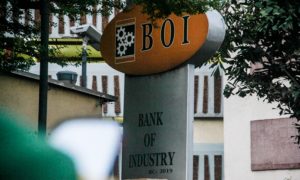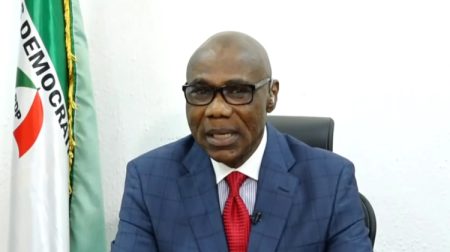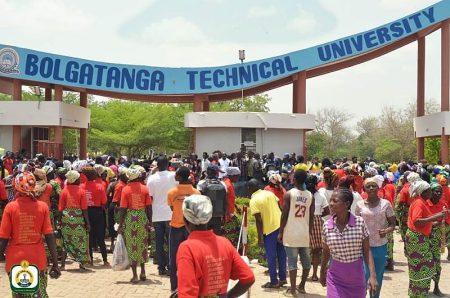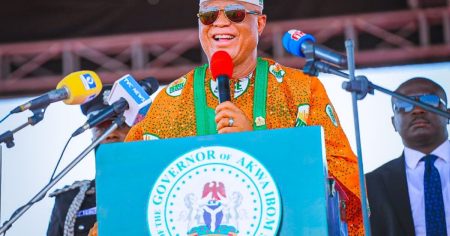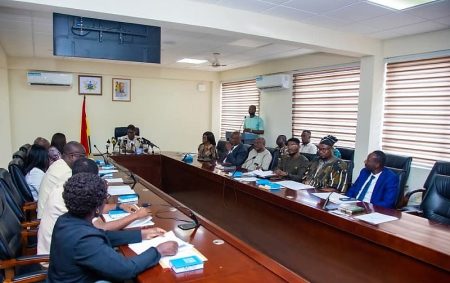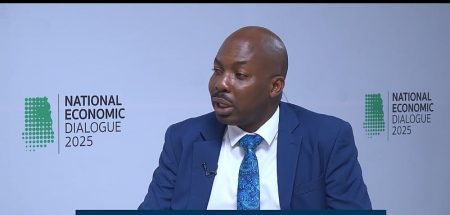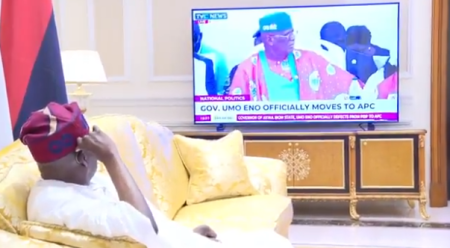The recent passage of the Energy Sector Levies (Amendment) Bill, 2025, has ignited a heated debate in Ghana’s political landscape, with the newly introduced GH¢1 per litre fuel levy, dubbed the “dumsor levy,” taking center stage. Richard Ahiagbah, the National Communications Director of the opposition New Patriotic Party (NPP), has launched a scathing attack on the ruling National Democratic Congress (NDC) government, labeling the levy as a manifestation of their “lazy and incompetent” approach to governance, particularly in managing the energy sector’s debt crisis. Ahiagbah’s critique hinges on the argument that the levy essentially rewards the inefficiencies of the Electricity Company of Ghana (ECG), a perspective he aligns with earlier statements made by Finance Minister Dr. Cassiel Ato Forson.
Ahiagbah’s core argument centers on the perceived contradiction between the government’s acknowledgment of ECG’s inefficiencies and their subsequent imposition of a levy that seemingly underwrites those very inefficiencies. He contends that instead of addressing the root causes of the energy sector’s financial woes, the government has opted for a quick fix that burdens the citizenry with additional taxes. This, according to Ahiagbah, reveals a lack of innovative thinking and a failure to devise effective strategies for tackling the complex debt issues plaguing the energy sector. He further emphasizes that this levy, implemented under a certificate of urgency, underscores the government’s desperation and lack of foresight in addressing the long-standing challenges within the energy sector.
The controversy surrounding the “dumsor levy” highlights the deeper concerns about the management of Ghana’s energy sector. Ahiagbah’s criticism resonates with the public sentiment that the burden of mismanagement and inefficiencies within state-owned enterprises like ECG should not be transferred to the already struggling populace. The NPP’s stance reflects a broader critique of the NDC’s economic policies, accusing them of relying on taxation as a primary solution to financial challenges without implementing necessary reforms to improve efficiency and accountability within key sectors. This levy is seen as a symptom of a larger systemic issue, where the consequences of poor management are consistently borne by the citizens.
The government’s justification for the levy and its assertion that the impact will be mitigated by the cedi’s stability has done little to quell the rising discontent. The Minority’s walkout during the bill’s passage further underscores the opposition’s strong disapproval of the levy and the perceived lack of consultation and consideration for the economic hardships faced by Ghanaians. This move symbolizes a deeper political divide and raises concerns about the government’s approach to policy-making and its responsiveness to public concerns. The controversy also brings into focus the ongoing debate about the equitable distribution of the burden of economic recovery and the need for greater transparency and accountability in the management of public resources.
The “dumsor levy” has quickly become a focal point of political contention, highlighting the ongoing struggle to balance the need for revenue generation with the imperative to protect citizens from unnecessary financial burdens. The debate surrounding this levy raises fundamental questions about the role of government in addressing economic challenges and the responsibility of state-owned enterprises to operate efficiently and transparently. The public outcry reflects not only the immediate financial concerns but also a deeper skepticism about the government’s commitment to genuine economic reform and its ability to effectively manage the nation’s resources.
The implications of the “dumsor levy” extend beyond its immediate financial impact. It has become a symbol of the broader economic challenges facing Ghana and the ongoing debate about the most effective strategies for achieving sustainable growth and development. The controversy surrounding this levy has further polarized the political landscape and intensified scrutiny of the government’s economic policies. The public discourse surrounding the levy underscores the urgent need for a comprehensive and transparent approach to addressing the structural issues within the energy sector and ensuring that the burden of economic recovery is shared equitably.




